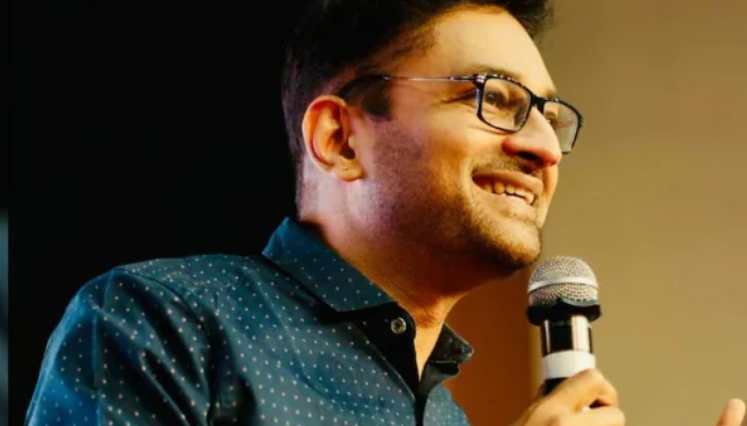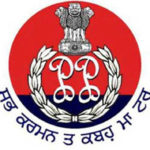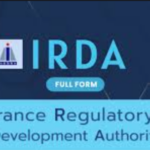Kerala: IAS Officer N Prasanth wants transparency in disciplinary hearings, accusing senior bureaucrats of record tampering.
Suspended Kerala IAS officer N Prasanth has taken a bold stand for transparency in the disciplinary proceedings against him by publicly releasing his defence statements and formally requesting that his upcoming personal hearing be live-streamed and digitally recorded.
The Kerala government has agreed to Prasanth’s demand to live-stream the hearing scheduled for April 16 at 4:30 PM in the Chief Secretary’s office.
In his latest letter dated April 7, Prasanth, a 2007 batch IAS officer, reiterated his request that the entire hearing be audio-visually recorded, the footage shared with him, and the proceedings either live-streamed or made publicly accessible. He cited prior procedural lapses and alleged tampering of records as the reason for this demand.
In a detailed statement shared on social media, Prasanth made serious accusations against senior IAS officers K Gopalakrishnan and A Jayathilak, alleging they fabricated government records, manipulated official documents, and spread misinformation to both the government and the media. He stated that, despite filing a formal complaint in November 2024, no action had been taken by the disciplinary authority.
Prasanth also accused the Chief Secretary of showing bias, claiming she dismissed his complaints without due consideration and altered records under the influence of the two officers. He has called for all future hearings to be held online, recorded, and made publicly accessible to ensure transparency and procedural fairness.
By releasing internal communications and defence documents, Prasanth appears to be seeking public oversight of the disciplinary process. “Given the recurring issues of missing records and selective omissions, such transparency is necessary to prevent further procedural violations,” he stated, referencing previous irregularities in the proceedings.
Prasanth’s public stance has turned the spotlight on internal accountability within the administrative system and raised broader questions about fairness and due process in civil service disciplinary actions.





